Politicians and public speaking go hand-in-hand. Some of the best public speakers out there are the people we have elected to lead us. While politicians are known for having a way with words, they also need to be able to back up their words with facts. A great speech is only as good as the information in it. A well delivered speech filled with errors and misinformation may have had a nice ring to it, but it discounts the credibility of the speaker. The best politicians use their words and their facts to compel and convince us.
During this past year’s presidential election, our nation and the world watched speakers from all parties drum up support for their chosen candidate at the national conventions. Those who watched the Democratic National Convention (DNC) will remember the return of Bill Clinton and his speech, all 48 minutes of it, calling on the delegates to officially nominate Barack Obama for a second-term in the White House. While Clinton is known for being a charismatic speaker, his speech at the DNC was also recognized for something else: All of the facts he presented in it checked out. The media scoured the mountain of statistics and claims Clinton made for major inaccuracies only to turn up empty handed. Opponents tried to build a case for criticism but in the end could only comment on the speech’s length.
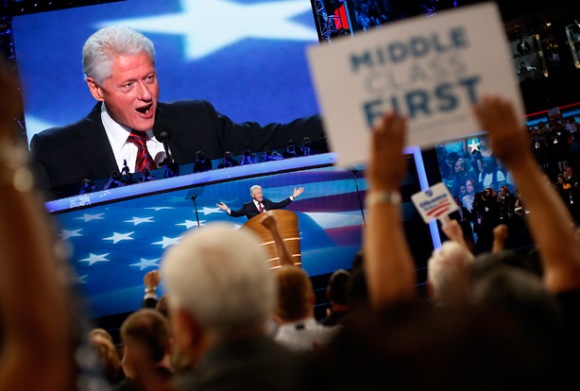
President Bill Clinton delivering his speech at the 2012 Democratic National Convention in Charlotte, North Carolina.
(Credit: Hearst Communications, Inc.)
To one person in particular, Clinton as a speaker and his speech at the DNC is the perfect case study for successful public speaking. Molly Bishop Shadel, an Associate Professor of Law at the University of Virginia and co-author of the book Tongue Tied America: Reviving the Art of Verbal Persuasion analyzed speakers from both parties during the 2012 Presidential campaign. She and her colleague Robert Sayler critiqued the public speaking skills of the candidates on their blog, Tongue Tied Applied,which they created to show how the lessons of their book apply to the real world.
But don’t count out Republicans when it comes to public speaking during the 2012 presidential campaign. Shadel highlights former Secretary of State Condoleezza Rice‘s speech at the Republican National Convention as one of her favorites. Rice established her credibility and captivated the delegates gathered in Tampa, Florida – and the viewers at home – by using facts to back up her points and emotion to relate to her audience.
But these skills don’t just apply to politicians. Shadel says having effective communication and good public speaking skills is important in every field and especially for her students entering the workforce.
Continuing our focus this month on public speaking, we spoke with Shadel to learn more about the art of verbal persuasion and what makes a great public speaker. She shared with us her observations from the 2012 presidential campaign, her favorite public speakers, and why successful public speaking is so important. We welcome her insights.
– – –
You co-founded your blog Tongue-Tied Applied with your colleague Robert Sayler to analyze speeches delivered during the 2012 Democratic and Republican National Convention and demonstrate how the lessons of your book, Tongue-Tied America: Reviving the Art of Verbal Persuasion, apply to the real world. Why did you decide to focus on the political speeches?
We focused on political speeches because they matter. We live in a representative democracy, and people make decisions about who will lead our country based in large part on what those leaders say and how those speeches make them (the voters) feel. Understanding how politicians are trying to persuade you—the rhetorical tools that they are using to make an argument—gives you a better understanding of how to evaluate the strengths and weaknesses of their positions.
We also thought these speeches would provide a terrific lens through which to study effective verbal persuasion. Learning how to say what you think in a convincing way will empower you, both professionally and personally. Watching skilled speakers at work is a great way to start improving your own public speaking skills.
Who did you consider the top public speakers at each convention and why?
If you’re looking for a master at public speaking, it’s hard to get much better than Bill Clinton. He’s got an authentic style that convinces through charm and good humor. Take, for example, his opening salvo in his Democratic National Convention speech, delivered with perfect comic timing:
Now, Mr. Mayor, fellow Democrats, we are here to nominate a president… and I’ve got one in mind.
The Democrats had been waiting to cheer for quite some time, and Bill Clinton gave them a reason to. Clinton is also worth watching because he is a lawyer, and knows how to make a closing argument. You start with a pithy theme (known in lawyering terms as “the theory of the case”):
In Tampa, the Republican argument against the president’s re-election was actually pretty simple, pretty snappy. It went something like this: “We left him a total mess. He hasn’t cleaned it up fast enough, so fire him and put us back in.”
Then you support that theme by stacking fact upon fact to make your case. (Here, that Obama should be re-elected):
Everybody, when President Barack Obama took office, the economy was in freefall. It had just shrunk 9 full percent of GDP. We were losing 750,000 jobs a month. Are we doing better than that today?
AUDIENCE: Yes!
. . . In 2010, as the president’s recovery program kicked in, the job losses stopped and things began to turn around. The Recovery Act saved or created millions of jobs and cut taxes — let me say this again — cut taxes for 95 percent of the American people.
(APPLAUSE)
And in the last 29 months, our economy has produced about 4.5 million private-sector jobs.
(APPLAUSE)
We could have done better, but last year the Republicans blocked the president’s job plan, costing the economy more than a million new jobs. So here’s another job score. President Obama: plus 4.5 million. Congressional Republicans: zero.
(APPLAUSE)
During this period — during this period, more than 500,000 manufacturing jobs have been created under President Obama. That’s the first time manufacturing jobs have increased since the 1990s.
(APPLAUSE)
And I’ll tell you something else. The auto industry restructuring worked. It saved…
(APPLAUSE)
It saved more than a million jobs, and not just at G.M., Chrysler, and their dealerships, but in auto parts manufacturing all over the country. That’s why even the automakers who weren’t part of the deal supported it. They needed to save those parts suppliers, too. Like I said, we’re all in this together.
(APPLAUSE)
So what’s happened? There are now 250,000 more people working in the auto industry than on the day the companies were restructured.
(APPLAUSE)
So — now, we all know that Governor Romney opposed the plan to save G.M. and Chrysler. So here’s another job score. Are you listening in Michigan and Ohio and across the country?
(APPLAUSE)
Here — here’s another job score. Obama: 250,000. Romney: zero.
AUDIENCE: Zero!
It is an effective lawyering technique to line up facts to point to your conclusion. It is even more effective if you can do it in a way that paints a picture for your audience, as Clinton does here. And it is most effective of all—required, in fact—if you do it with facts that are true. Clinton’s speech was chock-a-block with facts, and much of the media coverage that has followed has marveled that they all check out. As Bloomberg News reported succinctly, “No False Claims in Clinton’s Speech.”
My favorite speaker at the Republican National Convention was Condoleezza Rice. Aristotle, who is the father of classical rhetoric, said that we are persuaded by the speaker who exudes credibility (ethos) and who engages our emotions (pathos). Rice established her credibility by offering plenty of facts to back up her points. You are more likely to be credible if you actually know what you are talking about because an audience at a speech can sense it if your knowledge is only surface level, either because you won’t understand the complicated topic well enough to make it comprehensible to an audience, or because you will give yourself away through a hesitant delivery. Rice’s command of foreign policy issues is clear, and you can see this in the way that she calmly and clearly takes us through the information.
It was Rice’s pathos that really made her speech stand out. She talked at one point about being a little girl raised in Jim Crow Birmingham, who couldn’t eat at the Woolworth’s lunch counter because of her race, but who could rise to be the Secretary of State of the most powerful country in the world because of the opportunities that America offers its citizens. Effective pathos is achieved by finding your own emotional connection to a topic, and letting yourself feel that connection while you are talking about it, while at the same time not letting the emotion overwhelm you so much that you seem out of control. You can see on Rice’s face as she talks about her own story that she can feel how far she has come, but even as emotion flashes across her expression, she remains composed and poised.
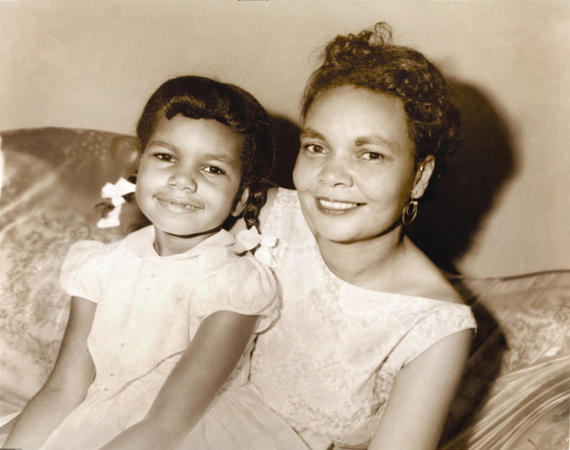
A young Condoleeza Rice at home with her mother Angelena Rice in the late 1950’s in Birmingham, Alabama.
(Credit: AP Photo/Coutesy of the Rice Family)
You also analyzed the 2012 presidential debates on your blog. How is analyzing public speaking during a debate different then during a speech?
A debate requires some different preparation for the speaker because you are fielding questions that might come at you in an order that you didn’t expect. You have to keep your cool because the person that you are debating is likely to say things intended to rattle you. And you have to think on your feet, to figure out a pithy way to fairly answer the question while tying it back to the main points that you want to make.
But when I analyze the effectiveness of a debate, I find myself employing many of the same tests that I would apply to a prepared speech. I think about that helpful rubric from Aristotle: Speakers persuade through ethos, pathos, and logos (credibility, emotional engagement, and logic). For both debates and prepared speeches, your ethos will be higher if you know whereof you speak, and if you avoid exaggerating the facts. You will achieve pathos if you think about what your audience wants to know and if you keep your own emotions in check, while at the same time sounding like an authentic person rather than a talking head. And your logos will be improved if you have a few, well-selected, concisely stated points that you make more than once so that we can process them.
The book you co-authored with Robert Sayler, Tongue-Tied America: Reviving the Art of Verbal Persuasion argues that public speaking is an essential skill for every American. It is certainly important in our industry of public outreach. Why do you believe mastering the art of public speaking is so important?
Being able to speak clearly and with confidence is professionally empowering. I started thinking about this because I am a law school professor, and I teach law students how to make arguments in court. But I quickly realized that the students who could make those sorts of formal presentations had the tools in hand to do well at job interviews—even in that sort of informal Q&A, you will impress people if you have a few points firmly in mind (e.g. why you would be a great fit for the job), can back those points up with some evidence (your excellent writing skills, for example), and can articulate those points in a succinct, convincing way (which requires practicing out loud until you feel comfortable). And those students who aren’t afraid to speak their minds are also more likely to succeed in a job, because that’s how you persuade colleagues of an idea, connect with clients, impress the boss, and win the day in court. This isn’t just limited to law. I’ve been asked to speak about how effective verbal persuasion works in all sorts of venues—I’ve spoken to bankers, nurses, fundraisers, librarians, businesspeople, and they all tell me that a requirement of the job is being able to explain ideas to sometimes skeptical, sometimes intimidating audiences. I think that’s going to become true for more and more people as we transition from a manufacturing economy to a service economy. Most of us will find ourselves in jobs that require us to talk.
I also strongly believe that having the confidence to speak up empowers women, students of color, and students who come from less advantaged backgrounds. It’s certainly true in law school—and may be true in other settings as well, though law school is the one with which I am most familiar—that the people who are most likely to speak in class are men, often white men, and often white men who come from relatively affluent backgrounds, from which they received the training and the confidence needed to express their ideas. Female students particularly are much less likely to raise their hands or their voices. I look at law school as an incredible opportunity to arm these students with the skills they need so that they will feel confident putting themselves forward once they are out in the real world. I wish all high schools and colleges contained a tonguetiedamerica.com component to teach our children, especially our daughters, how to say what they think in a way that will move other people to action.
Most of us aren’t lawyers, politicians, or CEO’s who address large crowds. How can the average American use public speaking skills in their daily lives?
There are opportunities all around you to speak to an audience, but you have to be willing to reach for them. It’s so easy to be passive and to say, “Oh, I couldn’t possibly make that presentation to our colleagues; let Joe do it instead.” But you won’t improve your public speaking skills if you don’t make yourself try. If you’re nervous about doing this at work, try a non-work venue at first—at your daughter’s Girl Scout meeting, or in church, or (if you are a student) at a meeting of your favorite extracurricular activity. Then offer to make a presentation at work over the lunch hour to some colleagues about something that you are working on. Then move on to a presentation to a client or a sales pitch or what have you. If you really need practice, I highly recommend Toastmasters, which is an organization that you can join that lets you practice making speeches before an audience.
What is more important in public speaking, delivery, body-language, or tone? Or can you not do one effectively without the others?
I think that delivery includes both body language and tone, so I’m not sure that you can separate them. Body language means the physicality that you use when you are speaking (your eye contact, the way you carry yourself, what you’re doing with your hands). Tone means the attitude you are taking towards the words that you are saying (inspiring, or understated, or humorous, or sarcastic—the latter of which I do not usually recommend, by the way). Delivery includes body language, tone, the way your voice sounds, pauses, paces, using props—all sorts of things. In my classes, I usually focus on body language first because if you are feeling nervous, your body language is likely to reflect this and your credibility will be shot. It’s pretty easy to fix awkward body language, believe it or not—take a look at Tongue-Tied America, chapter 5, for ideas on what to do.

Confident body language is key for effective public speaking.
(Credit: Public Speaking International)
In your book and on your blog you discuss “ethical speech” and describe it as honoring facts, allowing the other side to be heard and avoiding using emotion manipulatively to cloud reason in the minds of the audience. In today’s world social media platforms such as Facebook, Twitter, YouTube, and blogging allow for more interaction between users, but also provide people with the ability to have more control over their message. Do you think social media and other advancements in technology are helping or hurting ethical speech?
The great thing about social media and being part of the digital age generally is that it is easier to check facts. Some of my Facebook friends are academic types who love nothing more than to dig up the truth about what someone has said. I’d say my own digital experience has made me more aware of when a speaker is playing fast and loose with the facts, because some people in my social network are interested in that question and happy to post links to give you more information.
But I do think social media could also encourage you to ignore facts. It is very easy to surround yourself with like-minded people who repeat a skewed vision of truth to one another in a sort of digital echo-chamber. You might think that the whole country agrees with a particular idea because all your Facebook friends believe it, and that might cause you not to investigate a contrary position. I also worry that the rise of social media has eroded the ability of traditional news media to support itself. If our newspapers are closing their overseas offices, laying off reporters, or shutting down altogether, then the fact-checkers that our country has traditionally relied on to keep our government honest will disappear. It takes time, training and resources to check many complicated facts (for example, claims about conditions in a foreign country or information about scientific topics). When I am looking into whether what someone has said is true, I want information from someone with the expertise to actually investigate the claim, not from a layperson who has formed an opinion about it that sounds catchy so it’s getting re-tweeted.
Is public speaking different for men and women? Do different genders need to focus on different things or utilize different skills for effective public speaking?
I do think there are differences. The goals are the same, regardless of gender: You want to seem credible, engaging, and you want your logic to be clear. But sometimes women are judged by a different metric than men are—for example, a man who says “um” too frequently might seem irritating, but a woman who does it might trigger the stereotype of the ditzy, Legally Blonde-type. Her credibility may take a greater hit than a male speaker’s would because that stereotype lurks out there in our culture. There might also be a difference because of habits of communication that the speaker has, that also may fall along gender lines. For example, most women have some sense of what constitutes “ladylike” physical behavior, which often translates into taking up less physical space when you sit or gesture. Amy Cuddy, a psychologist who teaches at Harvard, talks about how we perceive power in open, expansive postures. The thing that strikes me when you look at the pictures of what she’s talking about (which you can see below) is that these open, expansive postures are very male, and might seem unladylike if a woman were to assume them. The trick for a female speaker is to find those power poses—standing up tall, moving with assurance, taking up a little more space at the table—in a way that still feels socially acceptable.
In my male students, I sometimes see a struggle with finding the right tone in situations where you have to be aggressive. Law school teaches you that the law is inherently adversarial, and for many men, that means talking and acting like Rambo. But that can backfire. If you’re a bully from the moment you first open your mouth, the audience will tire of you pretty quickly, and it will be difficult for you to show any nuance in your performance. Sometimes, reaching for a more understated tone makes your attack even more deadly, because we focus less on your aggression and more on the points that you are trying to make.
On your blog you provide examples of good and bad public speaking throughout history. Who is your all-time favorite public speaker and why?
I love Barbara Jordan. She was a freshman Congresswoman during the Nixon impeachment hearings, and one of the first women of color to serve in Congress. Those differences—gender, race, lack of experience—might make a less confident person shut down. Instead, she delivers this amazing speech, the “Statement on the Articles of Impeachment,” that may have been the final nail in Nixon’s political coffin. You can listen to the speech here: https://www.americanrhetoric.com/speeches/barbarajordanjudiciarystatement.htm. The speech is notable because she chooses her words so carefully, and every word is precious. She lays out her argument in a clear, logical way. And her voice is full of power. People expect female voices to be high-pitched, but she demonstrates how strong lower notes can be. I also love her Democratic National Convention keynote address, which you can see here: https://www.youtube.com/watch?v=Bg7gLIx__-k. She is full of joy—and you can hear how positively the audience responds to that.
What advice can you provide to people looking to improve their public speaking skills?
Public speaking is essentially just a conversation, in which you are doing all the talking. You’ve had thousands of conversations before in your life, and if you can do that, you can do this. Lower the mental stakes for yourself. Don’t tell yourself that it is a performance and that it has to be perfect—it doesn’t. If you get your idea across, you’ve accomplished your goal.
You will also get better at this the more you do it. So keep trying. If you make a speech and it bombs, so what? Get up and try again.
Finally, take a look at Tongue-Tied America: Reviving the Art of Verbal Persuasion, and Finding Your Voice in Law School: Mastering Classroom Cold Calls, Job Interviews, and Other Verbal Challenges. (That last sounds like it’s only for law students, but it really can help anyone.) These books are full of practical tips that can help. You can also look at www.tonguetiedamerica.com for video clips of terrific speakers.
– – –
Thank you Professor Shadel for your great thoughts and encouragement on public speaking.
Liz Faris, Associate
Collaborative Services

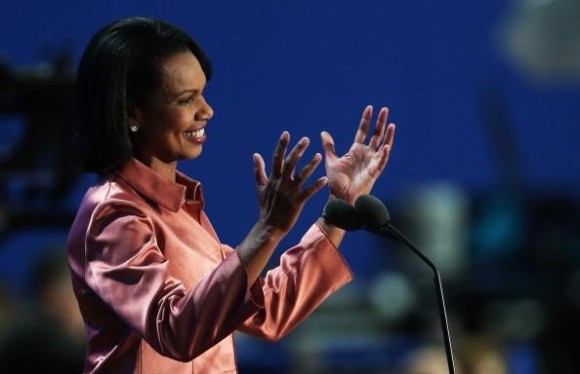
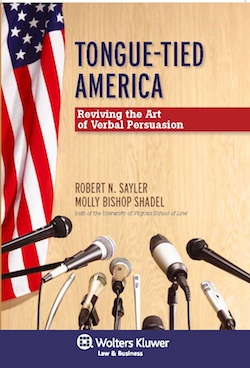
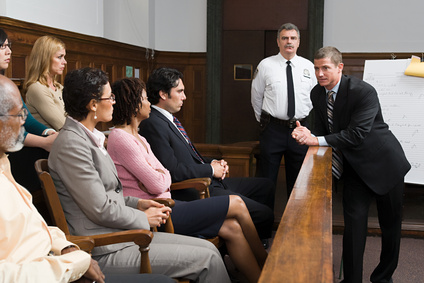
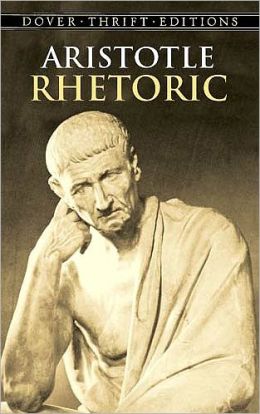




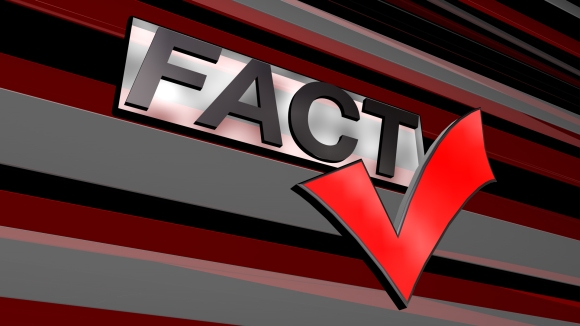
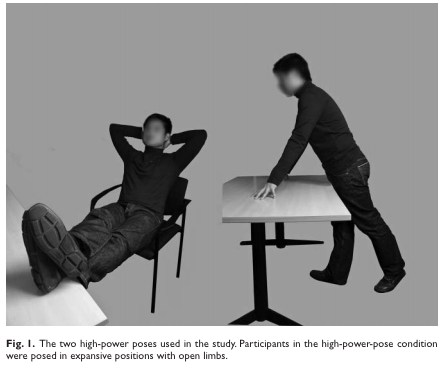
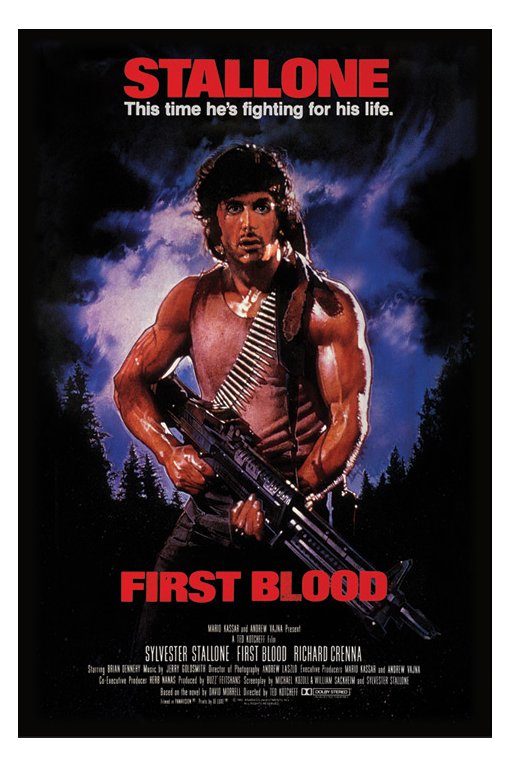
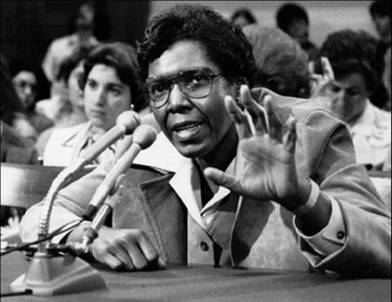
Recent Comments